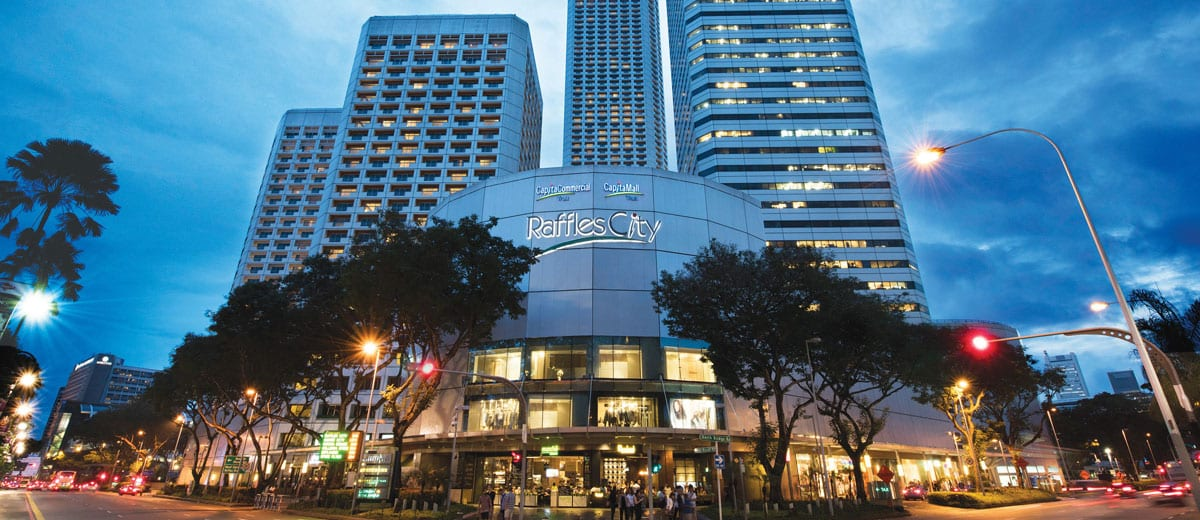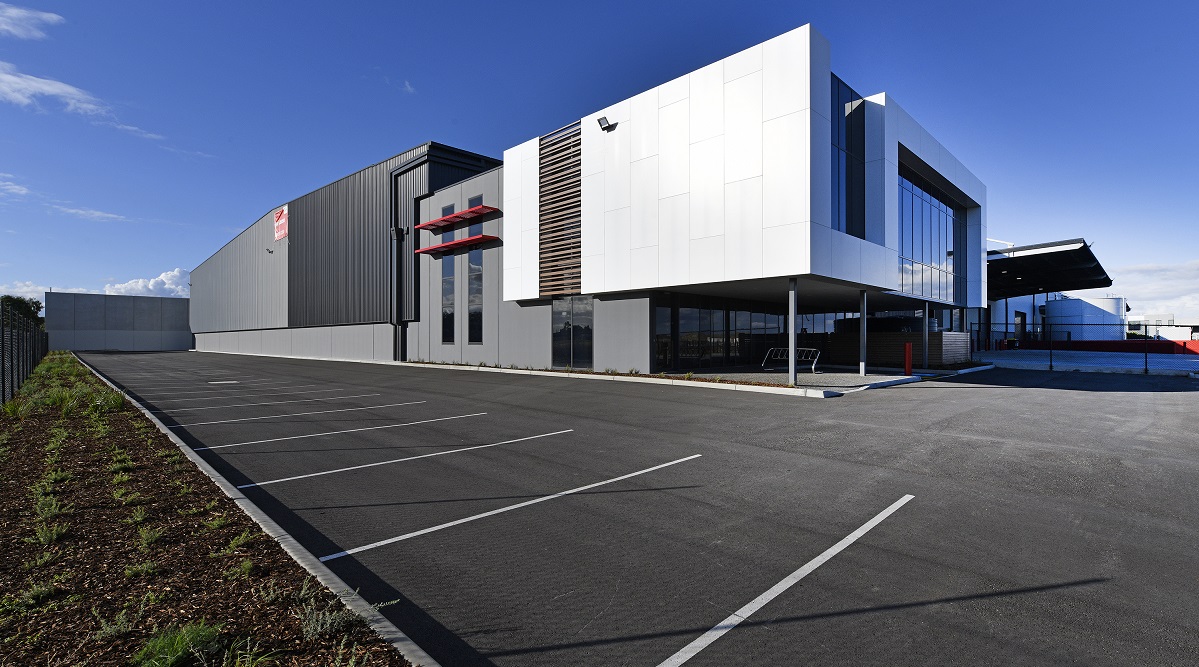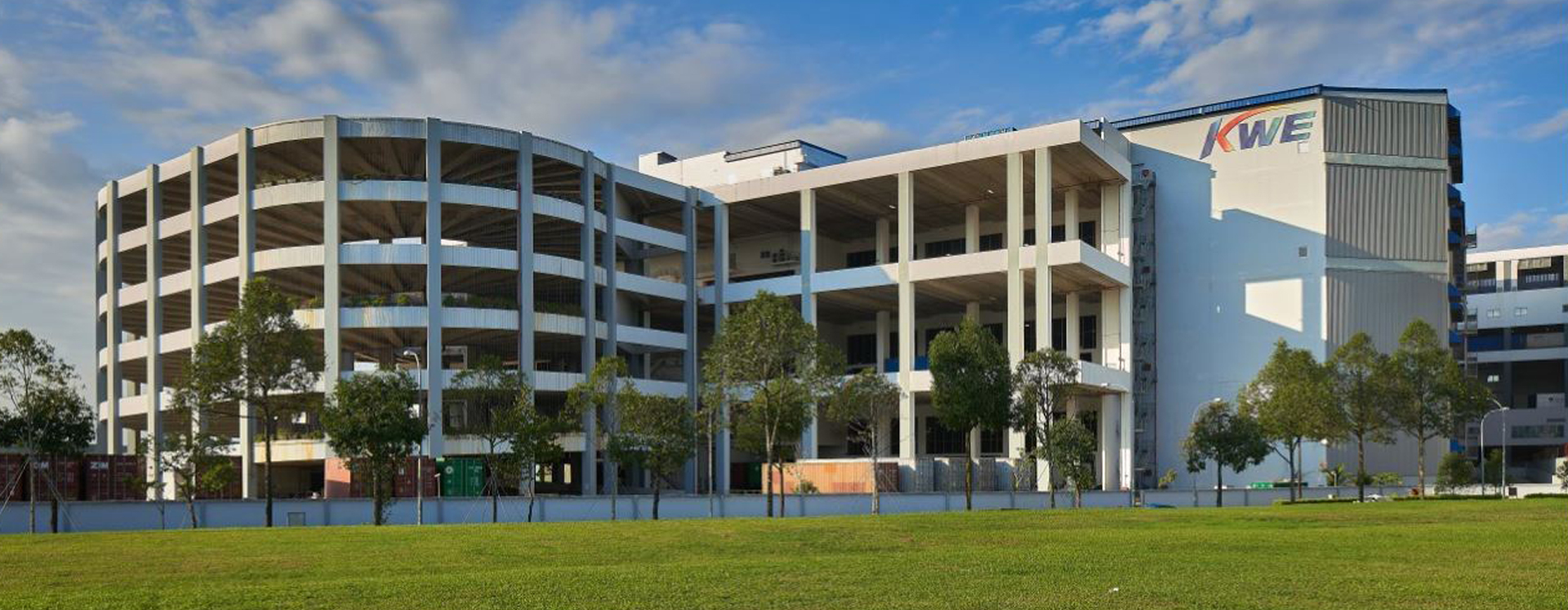CapitaLand Integrated Commercial Trust (“CICT”) announced their 2021 2Q results and have managed to deliver an improved set of financial results on the back of an enlarged portfolio.
This was despite the continuous operational challenges as restrictions continue to tighten and relax. Uncertainty is expected to continue to persist moving forward.
Background
CICT is the first and largest real estate investment trust (“REIT”) listed on Singapore Exchange Securities Trading Limited (“SGX-ST”) with a market capitalization of S$13.5 billion as at 30 June 2021. It debuted on SGX-ST as CapitaLand Mall Trust in July 2002 and was renamed CICT in November 2020 following the merger with CapitaLand Commercial Trust.
CICT owns and invests in quality income-producing assets primarily used for commercial (including retail and/or office) purpose, located predominantly in Singapore.
CICT is managed by CapitaLand Integrated Commercial Trust Management Limited, which is a wholly owned subsidiary of Singapore-listed CapitaLand Limited, one of Asia’s largest diversified real estate groups.
Key Metrics
Distribution Per Unit (“DPU”)
Based on the announcement on 28 July 2021, it was noted that Distributable Income and DPU have increased significantly year on year respectively. This was attributable to the challenging operating environment due to the COVID-19 pandemic in 1H 2020, where SGD46.4 million of its taxable income available for distribution to Unitholders was retained. In addition, S$4.8 million received from CLCT was retained for general corporate and working capital purposes
In view of the lowered based of 1H 2020, the metric for this will be set as Neutral as it is difficult to determine if its favorable or unfavorable.
Occupancy
Occupancy rate as at 30 June 2021 stands at 94.9% overall, with 97% for the retail assets and 93% for their office assets. This is, Favorable as it is slightly lower than my expected healthy occupancy rate of 95% despite retail and commercial being one of the most heavily affected sectors. CICT have been able to fully utilize their assets.
Gearing ratio
Gearing ratio stands at 40.5% as at 30 June 2021. This to me is considered quite Unfavorable although still healthy. While it is still a distance away from the MAS raised limit of 50%, it suggests a possible rights issue should they decide to take an aggressive stance to expand in the near future.
Not to mention, retail and commercial are one of the more heavily affected industries, which may spark a possible revaluation loss of the properties downwards, potentially triggering the leverage limit.
Interest coverage
The interest coverage for the trailing 12 months stands at 4.0 times. This is Unfavorable in my opinion. However as the general interest rates are hinted to continue to stay low for an extended period of time, I am expecting this indicator to turn favorable in the long run as CICT refinance their debt.
Debt maturity profile
Weighted average term to maturity of their debt stands at 4.3 years as at 30 June 2021. This is Favorable and it allows them sufficient time to refinance their debts as they fall due.
Price to Book Ratio
The Price to Book (“P/B”) ratio currently stands at 1.025. This is computed using the closing share price of SGD2.00 on 20 September 2021 and the net asset value per share of SGG2.00 as at 30 June 2021. The P/B ratio is Favorable for a well managed asset.
Dividend yield
Dividend yield from previous payouts are not comparable moving forward due to the merger of the 2 trusts into CICT.
Nonetheless, total payout made by the stock quote “SGX: C38U” in the calendar year 2021 till date amounts to SGD0.0690. If we were to add in the last payout for the calendar year 2020 of SGD0.0399, total expect dividend for 2021 amounts to SGD0.1089. This translates to a dividend yield of 5.45% based on the closing share price of SGD2.00 on 20 September 2021.
Taking into consideration the Covid-19 impact, the dividend yield is reasonable and is attractive for those looking to add a dividend counter. However investors will need to keep in mind the uncertainties moving forward into FY2021.
Other metrics
Manager
CICT is managed under CapitaLand Limited, which in my opinion is one of the better managers in the market. It was worth noting that the Manager had taken management fees in the form of new shares instead of cash payout. While this translates to a dilution of the existing holders, it also demonstrates management’s confidence in the REIT. This is favorable in view of the long prospects of the REIT. This is Favorable in view of the long prospects of the REIT.
Tenant profile
CICT has a well diversified tenant profile with the top 10 tenants contributing to 21.1% of their total gross rent. This is Favorable as CICT will not be too reliant on any single tenant for income.
Possible Expansion Targets
To take a step back relax
CapitaSpring is on track to be completed in 4Q 2021. The next question however, is what is next?
My personal take is to do nothing. CICT’s mandate for acquisitions is to expand into developed markets. Yet for an industry which is the most severely affected by Covid-19, there had not been any significant impacts to the valuations of properties just yet.
What I am interested currently is in China’s Evergrande’s potential collapse. You may ask how is CICT affected especially since they already have a sister, CapitaLand China Trust, who focuses primarily on the China market. In general, property developers around the world are facing issues, with rising costs to complete. Evergrande’s collapse may shine the light on the other property markets around the world.
Website: Evergrande collapse could have a ‘domino effect’ on China’s property sector
This would not necessary spell doom for all the properties. For instance, data centers and logistic properties will always be resilient with ample demand for them. Retail and commercial however, after taking a round of direct beating, easily faces downward pressure as there is no strong industry base to support them. Assuming this thesis comes true, a good time to consider entering would be in 2022, when given sufficient time for the weaker ones to be weeded out and present opportunities for CICT.
Key Things to Note
Covid-19
Covid-19 is going to be endemic and we should probably get used to it. Nonetheless, restrictions continue to be rolled out and the tenants continue to be affected. As the relief provided by the government around the world starts to taper off, there is uncertainty on the going concern of businesses, including tenants that CICT serves.
Personally, I am against CICT giving out rebates simply because I believe there is no lack of new potential tenants. Existing tenants already have a year to consider feasible business plans and should put them in place instead of awaiting for handouts.
Nonetheless, given the uncertainty of restrictions, it may deter new entrants from considering the risk to open new businesses in the near future. Occupancy rate may fall which in turn may have a tangible financial impact, especially as valuations are based on forward looking profit estimates.
The Debt
CICT’s gearing is still high at 40%. My concern is that if this becomes a waiting game, CICT needs to find a way to reduce the gearing, if possible. This is to free up ample space so that CICT can absorb the impact of any downward revisions in valuations and capitalize on opportunities. Now that the restructuring of CapitaLand Investment was completed, there are less administrative restrictions and CICT can consider doing a rights issues to raise equity.
Summary

Overall, the metrics indicate that it is favorable to invest in CICT. Given the current uncertainty in the market, I am still expecting some headwinds resulting in potential decline in share prices. Nonetheless, this is a good behemoth stock that is poised for recovery. In my opinion, the enlarged asset base post merger also allows CICT to have more bargaining power when it comes to negotiating new terms, both with their debt and tenants.
Thus, I believe that the current share price of SGD2.00 is Under Valued. However, investors will need to keep in mind that recovery will not happen overnight and the environment may change as Covid-19 continues to change the landscape of Singapore, especially as we transition towards a Covid-19 endemic environment. Share prices are likely to still remain volatile in the near future.








